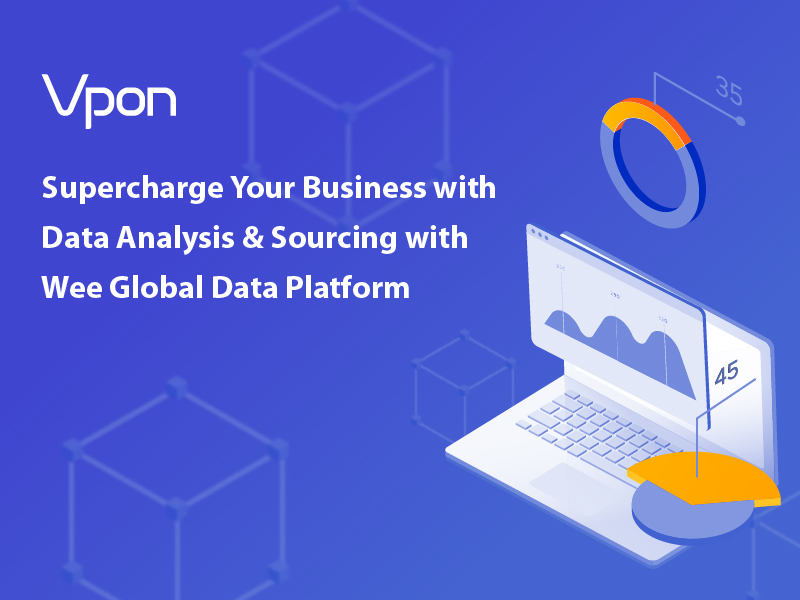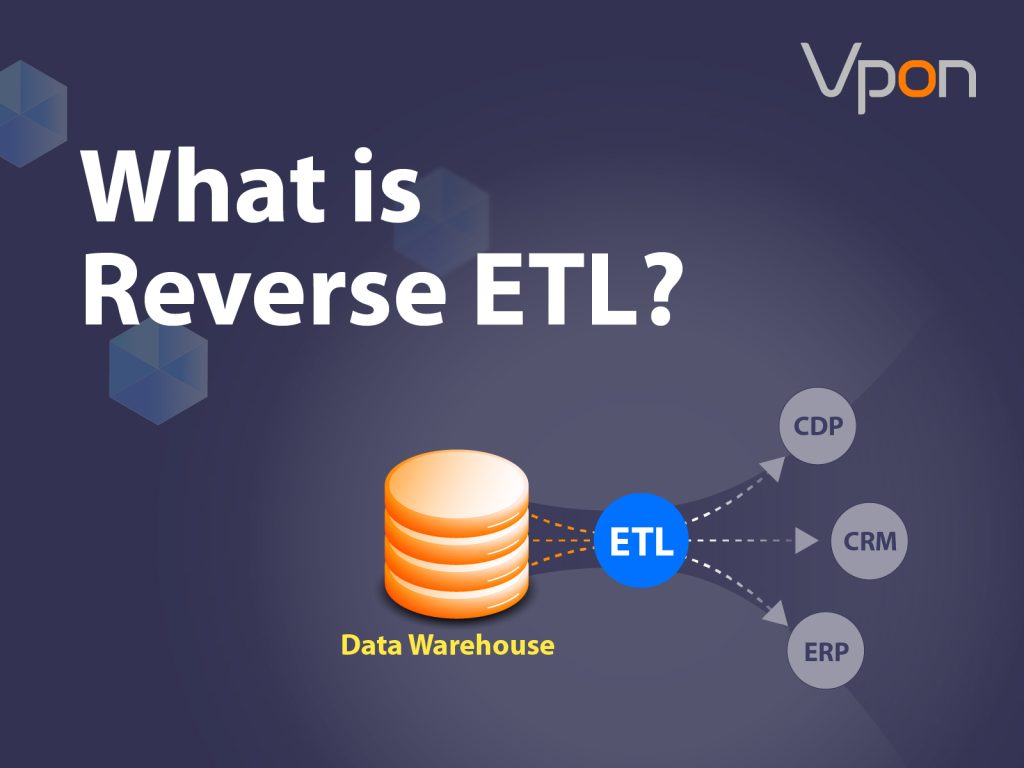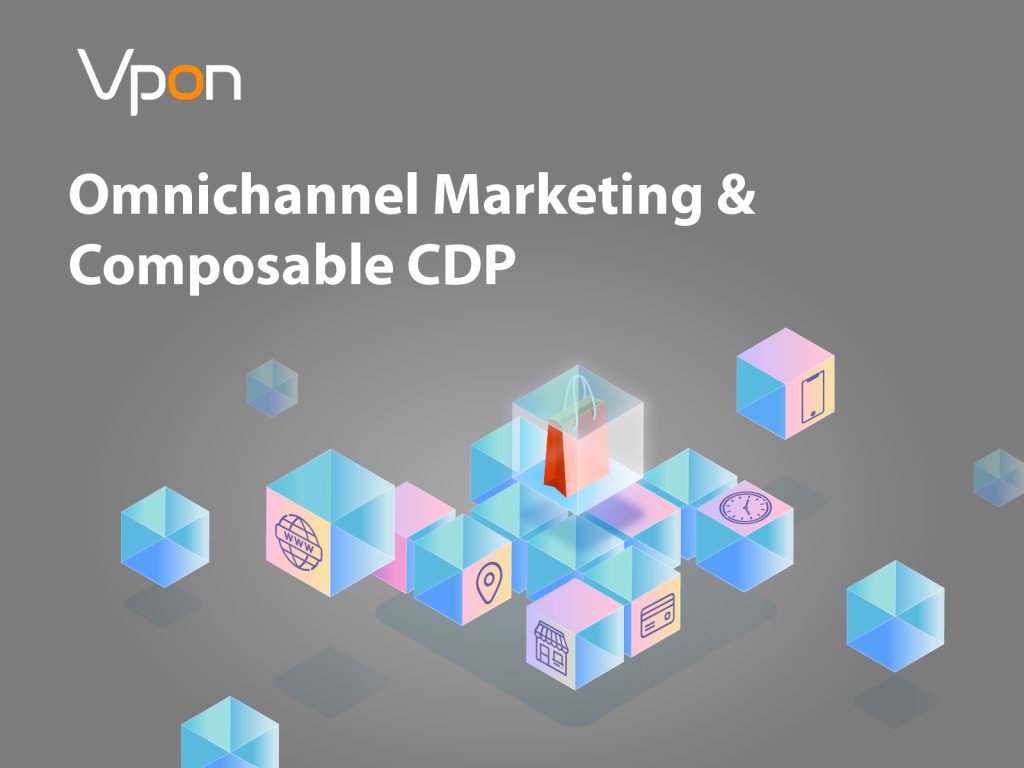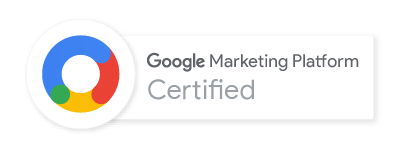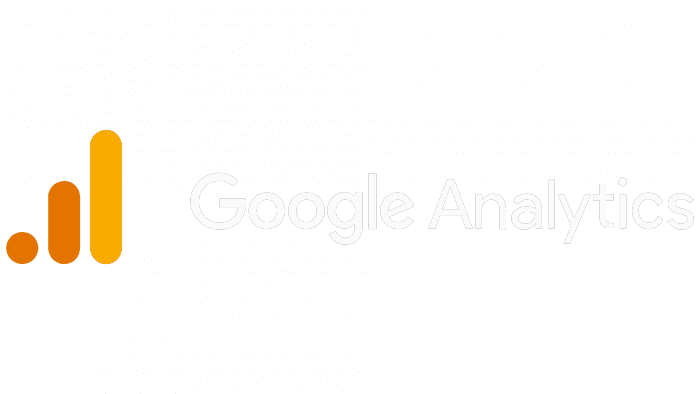The business world is more competitive than ever. But what makes one business more successful than the other? The answer? Leverage new data technologies. In fact successful businesses today use tools and services from global data platforms to gain valuable insights & source data into their business.
This sounds complex. It’s not. All it means is acquiring and analyzing data to find useful insights for your business. When done right, you’ll gain the valuable information you need to set data-driven actionable goals for your business. Here is everything you need to know to use data analytics and data sourcing to supercharge your business.
Table of Contents
Why Acquiring Data is Important for Businesses
In today’s market, data has become a critical asset for organizations to stay competitive. Acquiring data provides businesses with valuable insights such as enabling efficient operations, enhancing customer relationships, providing a competitive advantage, mitigating risks, facilitating personalization, and enabling effective performance measurement (KPI). Let’s dive into this in more detail.
- Data-driven decision-making: Data-driven decision-making leads to better outcomes, improved operational efficiency, and reduced risks. By collecting and analyzing relevant data, organizations can make informed choices based on evidence rather than relying on intuition or guesswork.
- Understanding customer behavior: By analyzing customer data, such as purchase history, browsing patterns, and feedback, businesses can tailor their products, services, and marketing strategies to meet customer expectations effectively. Data helps organizations gain a deeper understanding of their customer’s preferences, needs, and behaviors.
- Identifying market trends and opportunities: Analyzing data helps organizations identify emerging market trends, consumer preferences, and shifts in demand. This knowledge allows businesses to adapt their strategies, develop new products or services, and capitalize on market opportunities before their competitors.
- Operational efficiency and cost savings: Data analysis can uncover inefficiencies, bottlenecks, and areas for improvement within an organization’s operations. By identifying these areas, organizations can optimize processes, reduce costs, and enhance productivity.
- Predictive analytics and forecasting: By leveraging historical data and applying predictive analytics techniques, organizations can forecast future trends, outcomes, and demand patterns. This helps in making accurate predictions about customer behavior, market dynamics, and business performance. With this information, organizations can proactively plan and adapt their strategies to stay ahead of the competition.
- Personalization and customer experience: Data allows organizations to personalize their products, services, and customer experiences. By analyzing customer data, organizations can deliver targeted recommendations, personalized marketing campaigns, and tailored experiences that resonate with individual customers.
- Competitive benchmarking: Collecting and analyzing data on industry trends, competitor performance, and market benchmarks allows organizations to compare their own performance and identify areas where they can gain a competitive advantage. Data-driven benchmarking helps organizations understand how they measure up against their competitors and make data-backed improvements to outperform them.
In summary, data is essential for businesses to gain insights, make informed decisions, understand customers, identify market opportunities, optimize operations, and deliver personalized experiences. The reality is, all businesses need data. Let’s examine the 2 main types of businesses that need to incorporate data into the decision-making process.
Businesses with Little to No Data Experience
Businesses with limited to no data experience can be found in various industries and sectors. Some examples include small local retailers, local service providers, traditional manufacturing companies, family-owned businesses, and non-profit organizations.
These businesses may have prioritized other aspects of their operations and have not yet fully embraced data-driven practices due to factors such as limited resources, a focus on traditional methods, or a primary emphasis on community outreach. However, as the importance of data continues to grow, many of these businesses are recognizing the value of data-driven approaches and are actively working to enhance their data capabilities through a complete digital transformation.
Businesses Looking to Expand Data Sets with 3rd Party Data
First-party data refers to the information collected directly from individuals or customers by a company or organization While third-party data comes from outside the company from external sources.
Businesses that already have first-party data may look to utilize third-party data for various reasons. Third-party data provides access to a broader range of information beyond what the business collects internally, offering valuable insights into customer behaviors, market trends, and industry benchmarks. Let’s explore the crucial role of data sourcing for these types of businesses.
The Crucial Role Of Data Sourcing
Data sourcing is an essential part of business today. It is the process of finding and gathering the necessary data for analysis and the decision-making process. By sourcing third-party data businesses can enhance the accuracy and reliability of analytics by providing an external perspective and validation, enabling businesses to make more informed decisions to gain a competitive edge. However, data analysis alone is not the complete solution; in truth, there are additional challenges involved in data sourcing that you must navigate.
The Challenges Businesses Experience With Data Analytics & Sourcing
Data analysis isn’t without its challenges and can be resource intensive. If you don’t have a data team to help your businesses sort through cluttered data, it can be daunting. This is why businesses need to have some way of filtering & interpreting it. The solution?
A global data platform with a data team that can help your business walk through the data-driven process and accelerate digital transformation all in one place. With a single global data platform, you can integrate, analyze, activate, and monetize your data. Where can we find such an amazing resource?
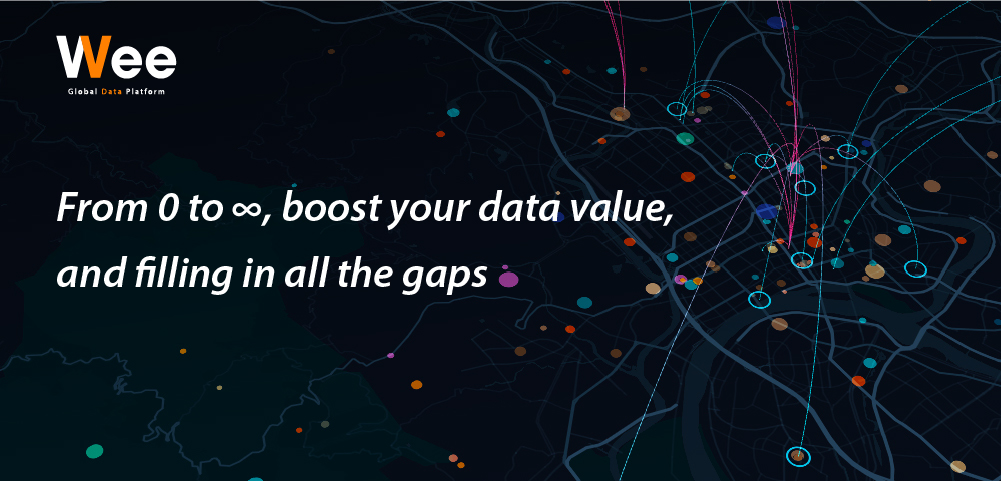
Meet Vpon’s Wee Global Data Platform
Wee Global Data Platform is a comprehensive data platform that helps businesses with data-driven processes and accelerates digital transformation all in one place. Combining the power of DaaS (Data as a Service ) & SaaS (Software as a Service), Wee helps businesses create an automated & synergistic approach for enhanced engagement with target customers to deliver marketing strategies and discover new opportunities effectively.
- Precise Domestic & Cross-boarder Marketing
- Store Location Selection
- AI Applications
- Operations Management
- Urban Planning
- Audience Data
- Data Suppliers
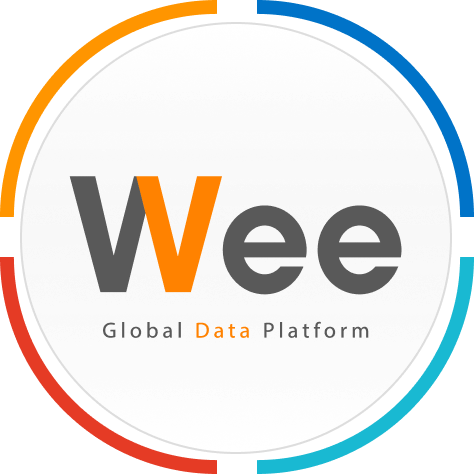


- Tourism Analysis
- Audience Analysis
- Marketing Analysis
- App Analysis
- First-party Data Solution
- Consulting Services
Wee Global Data Platform: 4 Key Areas of Data Management
Wee focuses on four key areas of data management: Data Collection, Data Analysis, Data Activation & Data Application. As every business has unique data requirements, the specific data categories they require may vary. Here are the 4 key areas of data management in more detail.
Data Collection: Gathering Data for Analysis
Data collection involves gathering data from different sources and storing it for future analysis and use. The most common data types businesses collect include Structured data, Unstructured data, Time-series data, Geospatial data, Streaming data, Customer behavior data, Machine-generated data & External data (Third Party Data).
Data Analysis: Discover Actionable Insights & Make Data-Driven Goals
By analyzing & combining the collected data with other layers of data from geospatial data, audience segmentation, marketing analysis, data visualization, and even App data you can then analyze multi-dimensions of data to uncover new insights to create actionable goals.
Data Activation: Delivering accurate messages to segmented target audiences
Data Activation refers to leveraging collected data to drive actionable insights, make informed decisions, and implement strategies. Now businesses can cater powerful messages created to target segmented audiences using domestic & global marketing, AI marketing, operations management & Smart City planning.
Data Application: Open data integration, oversee the market trend in the big picture
Data Application is when businesses can buy and sell third-party data sets. Businesses can browse through the platform and purchase third-party data sets from local and cross-border footfall data, consumer data, POI (Point of Interest) data, App data, open data, and other pertinent information, to gain a larger comprehensive understanding of their data or find new potential audiences.
Let’s take a look at some key features & tools in the Wee global data platform that help businesses with each of the key areas of data management.
Wee Global Data Platform: Features & Services
AppVois: Get Comprehensive Insights on Market Trends & App user preferences
AppVois empowers app owners and agencies with comprehensive insights into market trends and App user preferences. It can help strengthen brand awareness, product marketing, and market strategy planning.
Audience Data: Discover & Reach Your Audiences with Offline and Online Behavior Data
Audience Data offers efficient and transparent solutions for reaching target audiences, improving ad performance, and gaining insights from diverse offline and online behavior data. Wee Global Data Platform has transparent and reusable audience data which is unique from Facebook and Google. See how audience data supercharge your data today.
Geolocation Service: Use Location Data to Understand and Address Your Audience Better
The Geolocation Service offered by Wee helps App owners in analyzing collected location data, assessing its quality (such as identifying duplicated data from simultaneous events, detecting unprocessed timestamps indicating future footprints, and identifying predominantly vague location data leading to erratic movements within an area). This results in optimizing the service by implementing improved data collection methods so users have the opportunity to explore large-scale first-party location data, a unique feature exclusively available in the Wee Global Data Platform.
For DX Managers, Geolocation services assist in exploring and evaluating acquired location data. Through visualizations, they can observe the volume and quality of the data which helps in the decision-making process. The Wee Global Data Platform offers DX Managers additional access to the exploration of extensive location data, distinguishing it from other tools available.
VSP (Vpon Satellite Platform): View Transparent Audience Profile
VSP provides open and transparent audience data files to help advertisers get an overview of budget planning and overall exposure when developing marketing campaigns. This powerful feature also helps analyze the current trends for overall mobile environments by using application-related information such as installed applications and ad interaction time, helping businesses reach targeted audiences at the right time and place.
Data Supply Side: Monetize Your Data Supply
Wee Data Supply is more than just displaying data content. It is a combination of data sources, data content, and data delivery methods. Using various data visualization methods, businesses can estimate the potential ROI & data enrichment in different application scenarios before purchasing.
Wee provides third-party data, which encompasses geospatial traffic data, foot traffic data, transaction data, POI data, App data, open data, and other datasets. If your business seeks relevant and readily usable third-party data to enhance analytics and decision-making, Wee can help you source the data you need.
-
Vpon Google Analytics 4 (GA4) Audit Report: Get A Comprehensive Data Analytics Report
While Google Analytics 4 (GA4) offers many benefits, there are also potential issues that people encounter including data accuracy, hard navigation, limited data history, third-party integration issues, & just overall data confusion. The Wee GA4 Audit report reduces all the stress & setbacks that come with GA4 and helps you easily understand your data. Even better, it can integrate third-party data from Wee so you will have a larger data set to analyze. Let our Wee Data Team help you create a comprehensive GA4 Audit Report report today.
